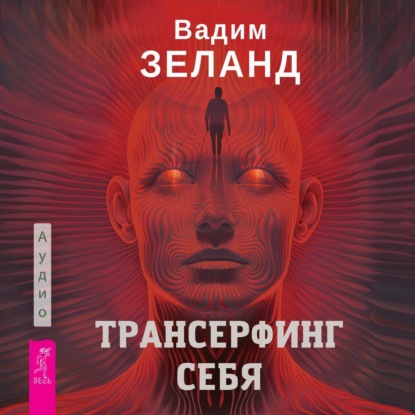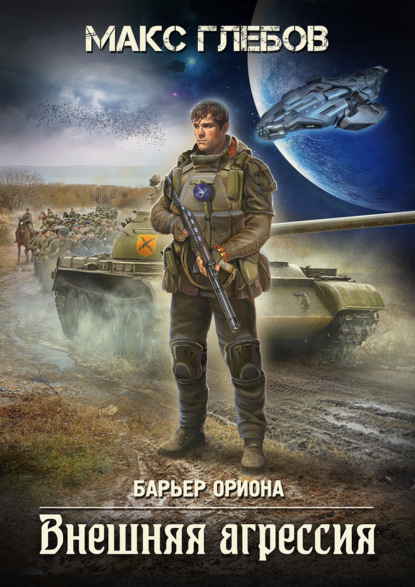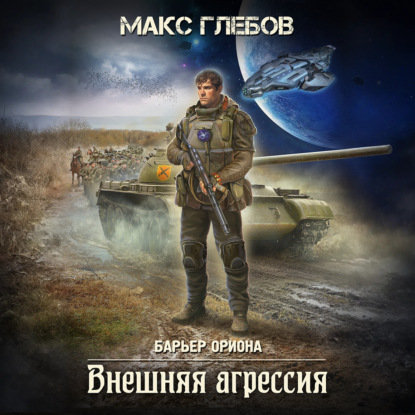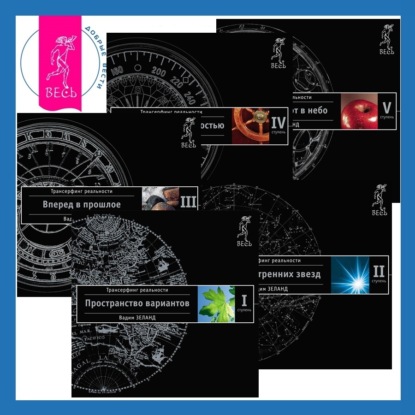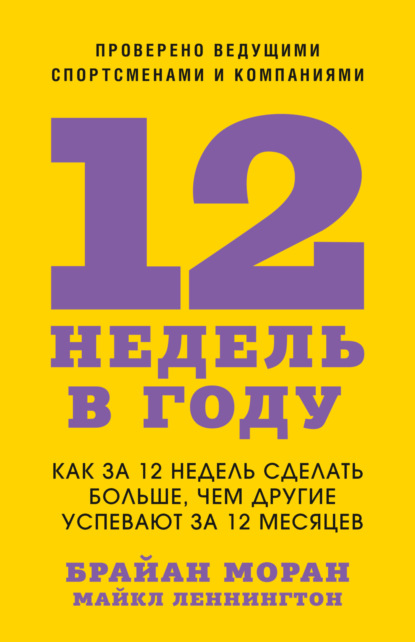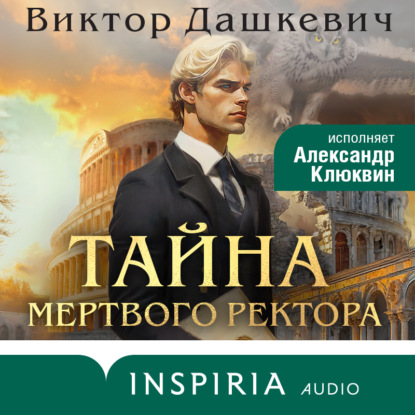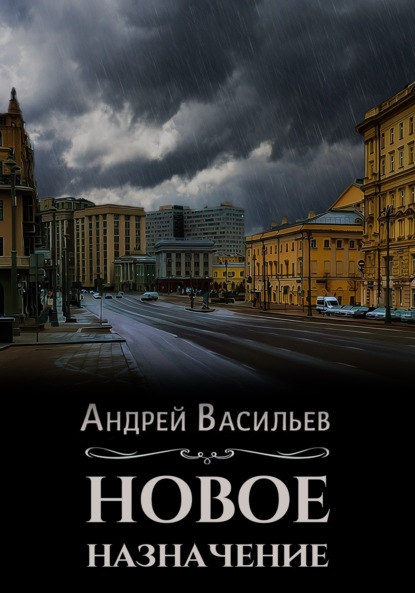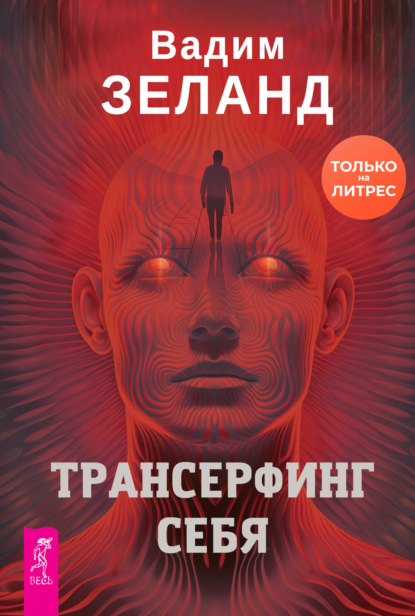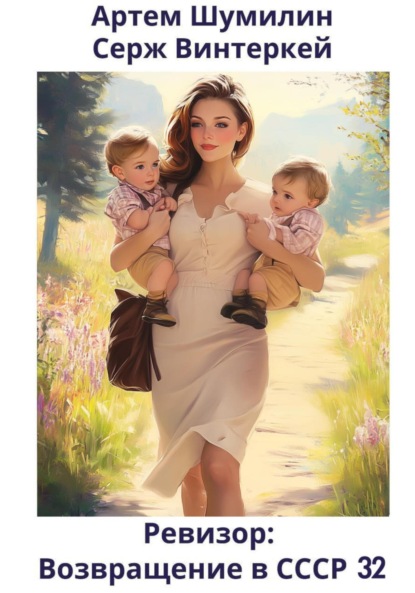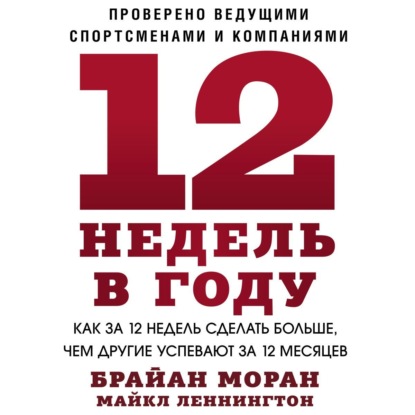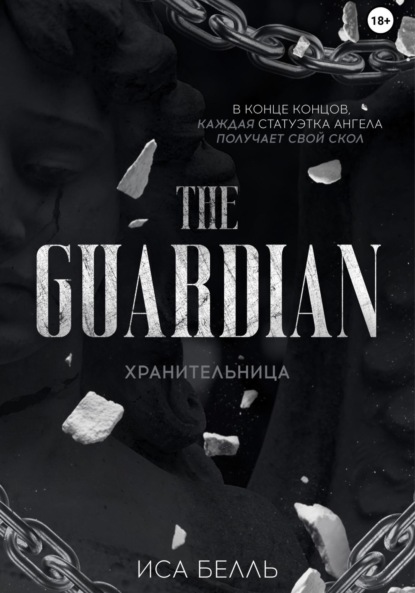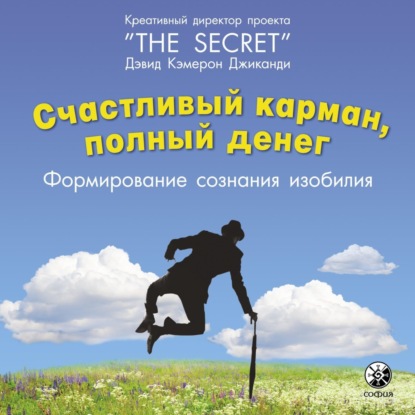Wisdom and activism come to us sometimes in the smallest and most unexpected ways through soft, previously silenced, yet passionate voices. Critical theory, critical literacy, and related approaches to learning about the world and many forms of knowledge can be a potentially effective way to address complexities of our changing world society. Critical pedagogists and other postmodern scholars speak often of the importance of educators taking on the risk and responsibility of being intellectual participants. By attending to both the sense of opposition and the sense of engaged participation intellectuals can explore the possibilities for action. This book reports on qualitative research following educators-including parents, community elders and teachers using critical literacy-in several countries and documents the ways the educators use various funds of knowledge (Moll et al., 2005) for self-advocacy. It modestly attempts to address the funds of knowledge of educators (families and community members) in a variety of contexts from a variety of cultures, continents, and situations of living. Thus, this book is for all of us striving to make connections with migrating people through our work-educators, researchers, community activists, classroom teachers, family advocates, and readers interested in the changing dynamics of societies. Это и многое другое вы найдете в книге Refugee and Immigrant Family Voices (Elizabeth Quintero)
Refugee and Immigrant Family Voices Elizabeth Quintero (книга)
Подробная информация о книге «Refugee and Immigrant Family Voices Elizabeth Quintero». Сайт не предоставляет возможности читать онлайн или скачать бесплатно книгу «Refugee and Immigrant Family Voices Elizabeth Quintero»

